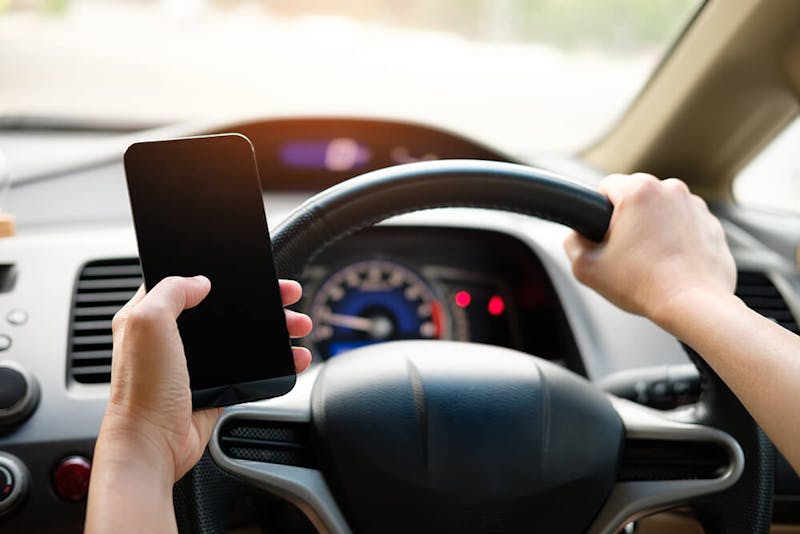
We all know texting and driving is dangerous. People continue to do it even though it can be so deadly. But texting and driving isn’t the only driving habit that can cause car accidents. There are other dangerous driving behaviors we’ve fallen into that we don’t even realize we’re doing.
Dangerous Driving Habits
Driving has become so common that we forget how inherently dangerous it is. According to the Centers for Disease Control and Prevention (CDC), an average of 36,791 people were killed every year between 2015 and 2019 alone. Road injuries rank in the top 10 causes of death globally, as reported by the World Health Organization (WHO).
But we’ve become so desensitized to driving and car accidents that we don’t realize how large those numbers are. Driving a car is probably the most dangerous task we do daily. To make it even more dangerous, we’ve adopted risky driving behaviors from our complacency. Here are some of those bad habits:
- Inattention. How many times have you gotten to your destination and you couldn’t remember how you got there? You couldn’t remember because you zoned out while driving. You could be tired or not paying attention to the road, but this is incredibly dangerous because driving a car requires attention at all times. Even looking at a passenger for a second while talking to them can lead to an accident.
- No self-awareness. When we drive, we can be hyper-critical of other drivers, but we ignore that we’re doing anything wrong. This criticism easily leads to road rage and aggressive driving. Aggressive driving is unsafe, especially when you believe you’re not doing anything wrong, or that it’s justified.
- False sense of safety. As mentioned above, we have become desensitized to the dangers of driving, and we believe that we are safer than we really are. We forget that we’re driving vehicles that can easily kill us or others with just the slightest mistake. Even though we acknowledge when other drivers are being unsafe, we refuse to believe we could be unsafe. This ignorance leads to accidents because we are not invincible like we think.
- Driving too slowly. Not many drivers realize that reckless driving not only applies to driving 15 mph over the speed limit, but it also applies to driving 15 mph below the speed limit. Driving that slowly makes you a hazard to those who are going the posted speed limit.
- Drifting. When you stop paying attention, you can drift toward the center line or the shoulder. You can easily hit another driver or crash into the guard rail or then overcompensate and lose control. Drifting happens when you are distracted, whether you’re distracted by an object, or lost in thought and is very dangerous.
How to Break Your Habits
Even though we’ve adopted bad driving habits, we can break them through self-examination. A way to remain safe while driving is to be completely aware. It’s exhausting to constantly be on alert, but it’s necessary when you’re doing something as dangerous as driving. If you find yourself drifting in thought, reel yourself in and focus on the task at hand. Make yourself stay vigilant the whole time you’re behind the wheel, it could save you from an accident.
Another way to be a better driver is to practice defensive driving, which reduces accidents by 50%, according to Interactive Education Concepts Inc. Essentially, defensive driving is paying attention to the drivers around you and never presuming they will drive how they are supposed to. For example, if you see a driver start to drift toward your lane even a little, you should assume they may cross the line into your lane. This allows you to act to prevent the collision by slowing down and moving out of the way.
McMath Woods P.A. Can Help
After a car accident, you have a lot of new struggles to overcome. Depending on the severity, you could have serious injuries, medical bills, time off work, lost wages, and emotional trauma. If the accident wasn’t your fault, you could need legal help to get you the compensation you deserve for your damages. At McMath Woods P.A., we focus on the legal side of things so that you can focus on healing. Contact us for a free consultation and we can discuss your case.

